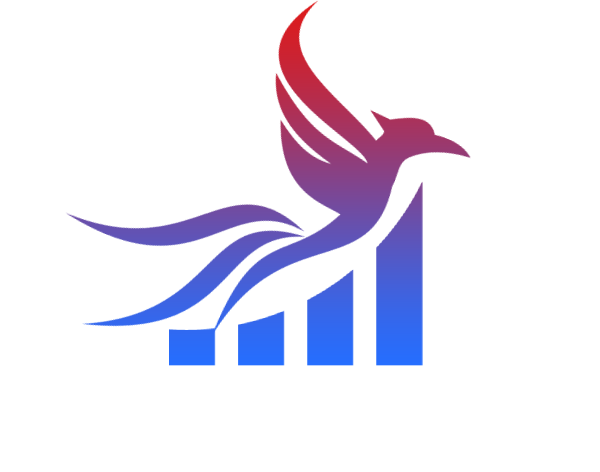Renting vs. Buying: Navigating Your First Home Purchase Decision
- Content Writer
- August 18, 2023
- First Time Home Buyers, Mortgage and Financing Options
- 0 Comments
For many, the prospect of purchasing their first home is one of the most significant financial decisions of their lifetime. The age-old debate of whether to rent or buy has long been a topic of conversation, with each option presenting its own set of advantages and disadvantages. As potential homeowners grapple with this decision, understanding the financial implications becomes crucial. Here’s a deep dive into both avenues, alongside tools and personal stories to guide you.
Renting: A Temporary Solution with Financial Flexibility
Advantages of Renting:
- Flexibility: Renting offers the flexibility to move without the baggage of a mortgage. This is especially useful for those uncertain about their long-term plans.
- Low Maintenance Costs: When things break or need repair, it’s generally the landlord’s responsibility, to save renters unexpected expenses.
- No Real Estate Market Risk: Renters aren’t affected by market fluctuations. If the property value drops, it’s the landlord’s concern, not yours.
Disadvantages of Renting:
- No Equity: Renting does not allow you to build equity. Instead, your monthly rent goes into your landlord’s pocket.
- Rent Hikes: Unlike fixed-rate mortgages where payments remain constant, rents can increase over time.
- Limited Customization: Renters have limited ability to customize or upgrade their living space.
Buying: An Investment in Your Future
Advantages of Buying:
- Equity Growth: As you pay down your mortgage and as the property appreciates, you build equity—a valuable financial asset.
- Tax Benefits: Homeowners can often deduct mortgage interest and property taxes, potentially reducing their tax bill.
- Customization: Owning a home allows for personalization, ensuring the space truly feels like yours.
Disadvantages of Buying:
- Upfront Costs: Down payments, closing costs, and other fees make buying a home an expensive upfront venture.
- Maintenance Responsibility: From broken pipes to leaky roofs, homeowners are responsible for all repairs.
- Market Fluctuations: Home values can go down as well as up. This can be problematic if you need to sell during a downturn.
Tools for the Trade
When stuck in the rent vs. buy dilemma, leverage these financial tools and calculators:
- Mortgage Calculators: They estimate your monthly mortgage payments based on home price, down payment, loan term, and interest rate.
- Rent vs. Buy Calculators: These compare the cost of renting to the cost of buying over time.
- Total Cost of Ownership Tools: These calculators consider costs such as maintenance, taxes, and insurance.
Voices from the Field
Anna, 32, from Boston, recalls her transition from renting to buying: “I rented for nearly a decade, watching rent prices soar each year. Buying seemed daunting, but when I did the math, the idea of building equity became too appealing. Two years into homeownership, I’ve seen my home appreciate in value, and the sense of permanence is comforting.”
Mark, 29, from Seattle, shared: “The jump from renting to buying was a big one. But with a stable job and the intention to stay in Seattle long-term, it made financial sense. Plus, I love having the freedom to make the place truly mine.”
Concluding Thoughts
The rent vs. buy decision is deeply personal, dictated by factors ranging from financial readiness to long-term life plans. Prospective first-time buyers should:
- Assess Financial Health: Ensure a stable income, good credit score, and savings for upfront costs.
- Consider Long-Term Plans: If you’re uncertain about settling in an area for at least 5 years, renting might be preferable.
- Consult with Professionals: Engage real estate agents, financial advisors, or mortgage brokers for expert advice.
Your first home is not just a financial decision but a significant life milestone. Whether renting or buying, choose the path that aligns with your aspirations, goals, and financial health.


